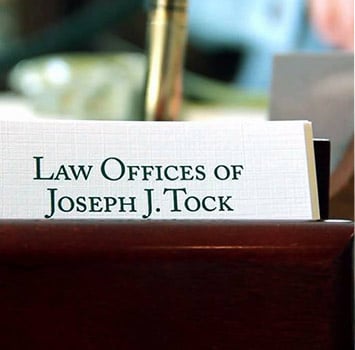The New York Inspector General recently announced the arrest of four business owners on fraud and theft charges with respect to alleged violations of the state’s workers’ compensation system. The law requires that each employer must carry workers’ compensation insurance coverage for benefits prescribed by state law to those who are injured at work. In one case, authorities charged the owner with grand larceny and falsifying business records, both felony charges, and with the failure to obtain compensation insurance, a misdemeanor.
They allege that the business owner provided fake documentation of workers’ compensation coverage to a home builder in order to obtain two subcontracts worth $72,000. They allege that the business had no coverage at the time. Authorities charged an owner of an online candle business with fraudulent practices, insurance fraud and grand larceny, all felonies. It is alleged he was a truck driver who was out of work since 2010 and collecting compensation benefits while at the same time certifying that he was not working.
He allegedly ran a candle business at the same time. Another owner was charged with the workers’ compensation crime of failure to secure compensation, which is a felony. Additionally, another owner was charged with fraudulent practices, a workers’ compensation felony. Authorities say that he denied under oath that an injured person was actually working for him when he was injured, and that he did that to avoid liability for the severely injured employee’s compensation claim.
Each of the defendants are now severely jeopardized in any business operations due to having to defend against serious felony charges under New York law. Defense counsel in each case will look closely at the wording of the criminal statutes in order to determine if the facts of the particular case establish any viable defenses. The precisely defined elements of each criminal offense must be supported by proper evidence that will prove guilt beyond a reasonable doubt. If one required element of a criminal offense is not supported by credible evidence, that charge is subject to a motion to dismiss.
Source: insurancejournal.com, “4 New York Business Owners Charged in Workers’ Comp Fraud Sweep“, Nov. 16, 2015

